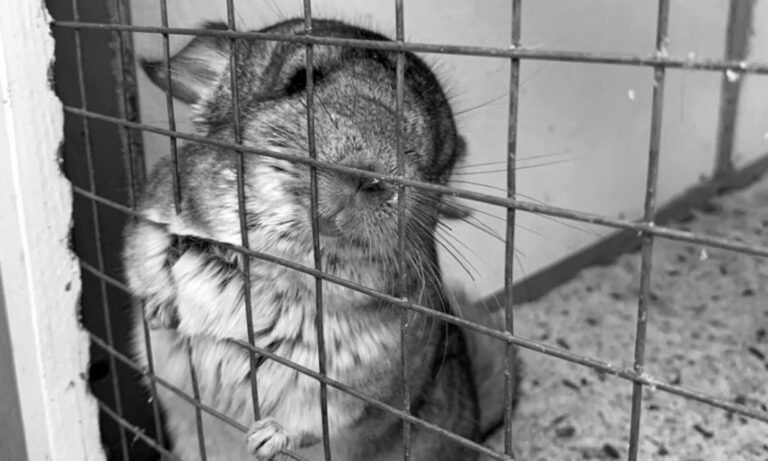A new study has found that women under 30 are by far the most likely to make their cats vegan, but warns that contrary to some claims this is not healthy.
The new study by the Warsaw University of Life Sciences (SGGW) found felines are simply not able to cope without meat as they cannot get the necessary proteins and vitamins from other sources.
Researchers Magdalena Wit and Justyna Wisniewska analysed the results of recent studies, including those suggesting that a vegetarian diet could work on pet carnivores, but claim that some of the methodology was incorrect.
Magdalena Wit told Central European News (CEN): “Cats are carnivorous, which means that not all the necessary ingredients are present in plant products. In other words, the vegan diet exposes them to deficiencies, among others, vitamin B12, taurine and arachidonic acid.”
Wit added: “In theory, it would be possible to create vegan feed if the manufacturer took care of adequate supplementation, however current products do not cover cats’ needs.”
She believes that previous studies were incomplete as too few research groups were involved and there was not a comprehensive approach to animal health assessment.
In addition, Wit said that the vegetarian and vegan food tested during one study in 2016 actually still contained animal DNA, which means that they were largely meat-based.
Wit emphasised: “A vegetarian diet is certainly safer than vegan, but still risky.”
The new student revealed that many cat owners who are vegetarian or vegan try to make their pets eat the same as they do.
Unlike humans and other animals, cats do not have the ability to absorb Vitamin A from sources such as carrots which could mean deficiencies for those tempted to switch their furry friends to meatless meals.
Wit and Wisniewska said that cats are anatomically and physiologically adapted to eating meat and recommendations to use concentrated corn, rice and soy do not work because they are unable to digest the sugars in these products.
The same is true for other plant-based ingredients due to the low levels of amylase enzyme in their bodies.
Vegetarian foods also do not provide enough potassium, taurine, Vitamin B and phosphorus for cats, they added.
They also found that most vegan cats were owned by young women, saying “statistically, the most common person making this decision are women (85 percent) under the age of 30 (53 percent).”
However, animal rights’ campaigners claim that there are ways to adapt cats to a vegan diet by gradually introducing alternative ingredients. These include melon, chickpeas and even veggie burgers.
PETA (People for the Ethical Treatment of Animals) claims on their website: “Many vegan dogs and cats enjoy excellent health, and a vegan diet for your companion is ethically consistent with animal rights philosophy.
To find out more about the author, editor or agency that supplied this story – please click below.
Story By: Bartosz Staszewski, Sub-Editor: Joseph Golder, Agency: Central European News




